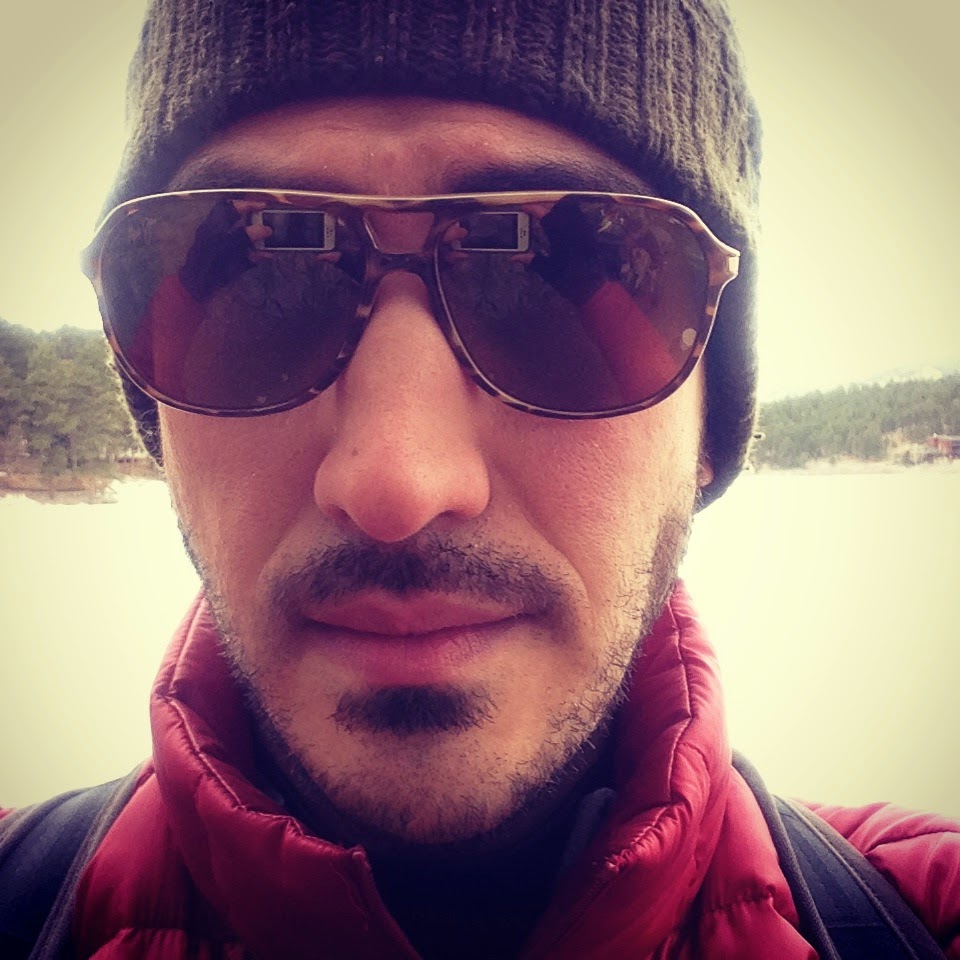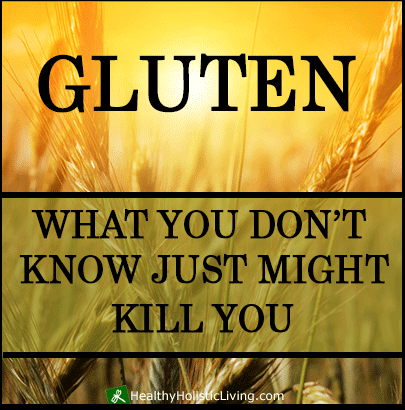Craig Franzblau has been living gluten free for over 17 years. I want to thank him so much for being open, honest and giving great advice. My favorite quote about him is:
“He mastered his control for saying, “No” because he constantly faced peer pressure in high school and college for eating and drinking socially to fit in. Craig never willingly cheated on his gluten-free diet, the pain was too much.”
Meet Craig:
1. How did you figure out it was Celiac?
I suffered from digestive symptoms for two years and was initially diagnosed with lactose intolerance. However, most of my symptoms did not go away and was referred to various GI doctors who conducted the entire testing protocols on me including blood analysis, upper and lower GI series, stool samples, body exams, colonoscopy, endoscopy, etc. It was the last GI doctor who was able to provide a thorough analysis on me and told me to hope for a Celiac diagnosis because others would be worse! Indeed after my last endoscope and colonoscopy it was confirmed that I was a classic Celiac who was poised for a strict 100% gluten-free diet to nurture me back to health.
2. How long were you feeling ill before you got tested?
I was ill for about two years with digestive issues and it was believed that puberty was my trigger. I had some bouts with chronic diarrhea as a child and that may have been precursor to Celiac, but we can’t assume.
3. How long did it take for you to finally start feeling better completely?
It was quick, perhaps within a few months of strict dieting of simple gluten-free foods such as meat, salad, and safe “chips” for snacking that I was showing physical signs of absorption and healthy weight gain. As a kid I was always very skinny, and as I was getting taller I finally started to fill in being an active athlete throughout my life.
4. Did your doctor find you had vitamin deficiencies?
Do you get randomly tested to make sure that you are still not deficient? I was very iron deficient and was advised to take supplements. Too much iron is also very dangerous so I was learning about a wide variety of foods to add into my regime and add iron while checking my blood at least yearly.
5. What were your symptoms?
Most of my symptoms were classic GI related… diarrhea, intestinal cramping and exhaustion including head fog and depression as a youth who couldn’t connect with people about the challenges in my life and the lack of quality tasting food. I was a social kid, but during the teenage years I often felt alone when I was dealing with everyday symptoms in and out of the bathroom and staying home often when feeling so down
6. What is the best thing about being gluten free?
I slowly obtained a food education and soaked in as much advice from health practitioners and sourced the growing world of interment content. It was hard to find the truth about the food supply and the realities of the gluten in food so I attended Celiac Symposiums and Dr Peter Green in NY events and support groups in New Jersey to find more information and data. Later as I gathered amazing information about food I started blogging.
7. What was the worst experience you had before being diagnosed?
There was a tipping point in my parents home when I was found in the fetal position under my desk in excruciation pain after dinner. My parents were looking for me, but apparently I hadn’t responded. I was crying and my insides felt as if they were being ripped out. I’ll leave out some of the details, but I’ll never forget how horrible that night was and my parents knew that there was a major problem that over the counter drugs couldn’t resolve.
8. What is the best advice you can give other men about the importance of being tested early and not ignoring symptoms?
The most important advice I have is to be in tune with your body, lifestyle and the food and beverages that you eat. They go hand in hand which is why you feel sore after a work out, you may bloat if you eat milk, or you may get diarrhea when you eat certain food. Products like soda is carbonated sugar water so ask yourself does that fuel me in any way and is this a natural food that my ancestors ate?
Don’t ignore symptoms, and think about cause/effect everyday. Gather a food education as your priority because the food supply in our world is full of GMOs that are effecting our health and often gluten-free food isn’t nutrient dense, just a replacement on the foods we were used to buying and they’re not healthy.
Read the labels carefully and learn how to cook because it’s so much fun to explore new vegetables, grains, fish and meat and preparing a meal from scratch can be very rewarding! Going 100 gluten-free isn’t easy, but cheating on your diet is going to cause major illness internally and with obvious symptoms despite your gluten-free diagnosis so take care of yourself everyday!
Stay committed and find people who support your new lifestyle. Many people out there still haven’t joined any healthy food movements and likely they’re living unhealthy and possibly in pain 🙁
For More Info on GluteFreeG:
*Blog
*Instagram
*Facebook
*Pinterest
*Twitter
*LinkedIn



















Wow, that’s all I have. I stumbled upon this site through a link someone sent me and all your symptoms are eerily familiar. I haven’t gone gf yet so I think I’ll be callin my doctor to make an appointment. Thanks for this article.
I’ve been living with Celiac for 20 yrs, I was lucky, after reading so many heartbreaking stories, to have a doctor who looked outside the box or I might still be misdiagnosed today.